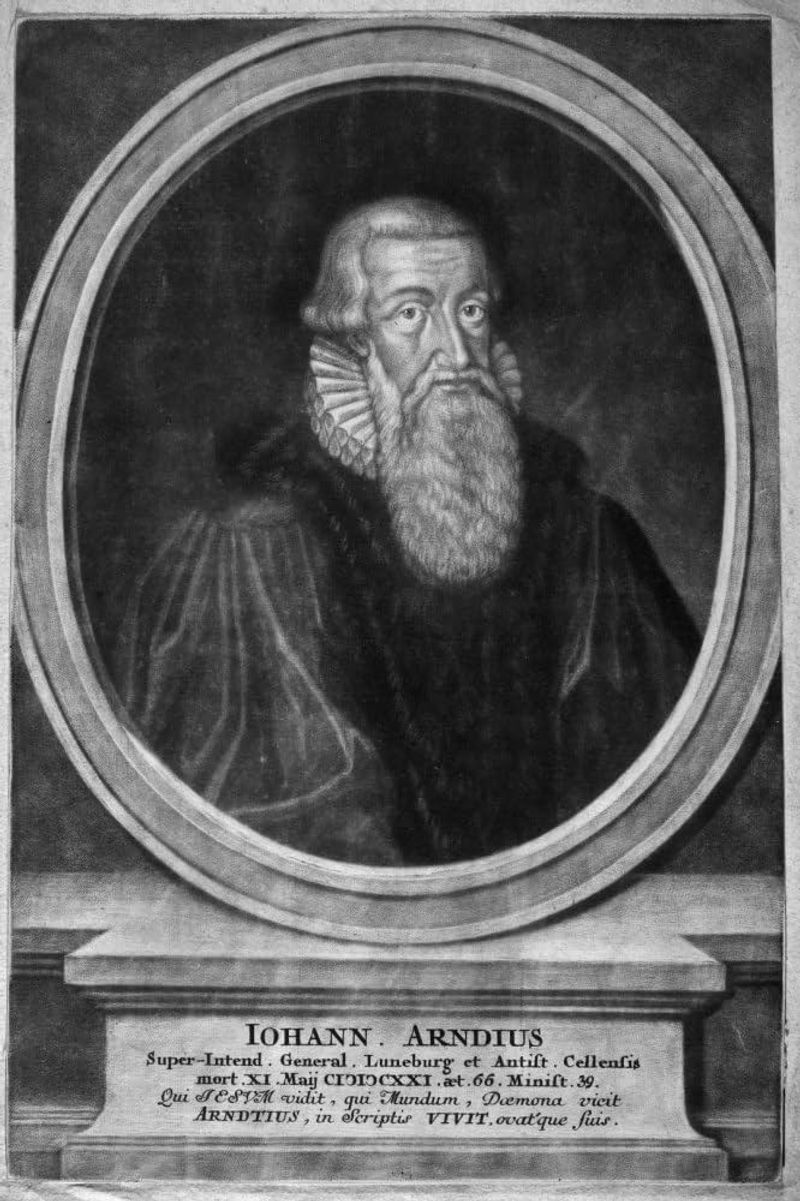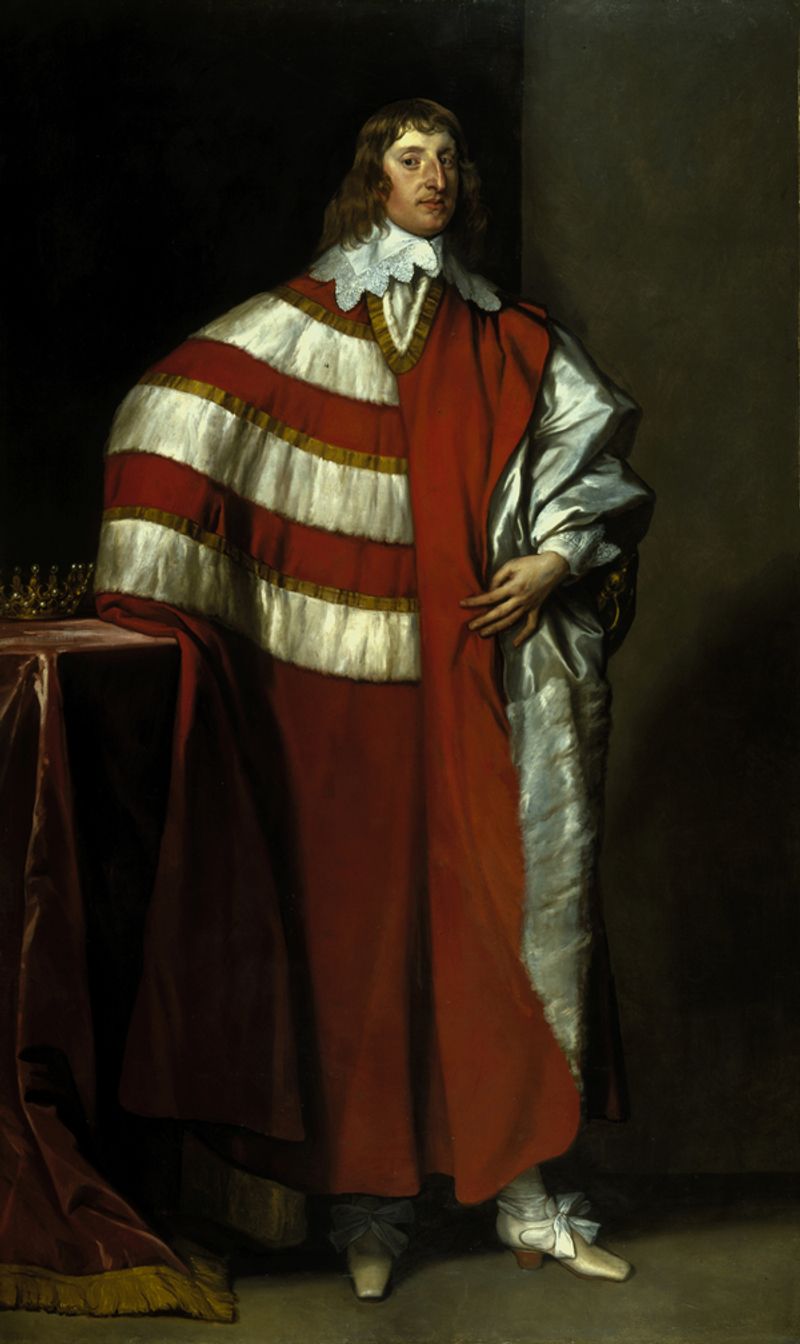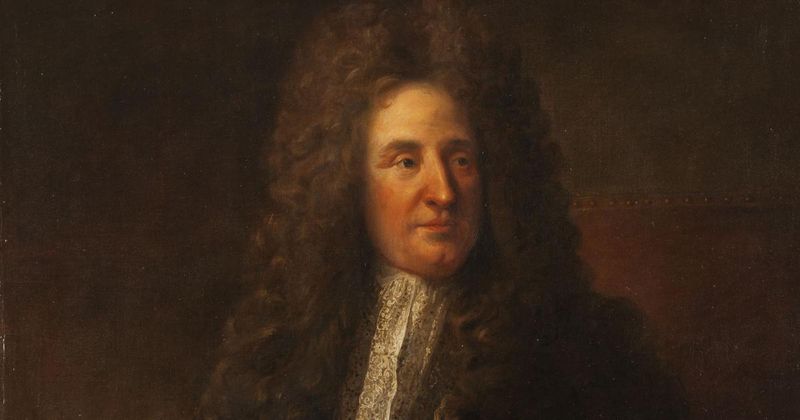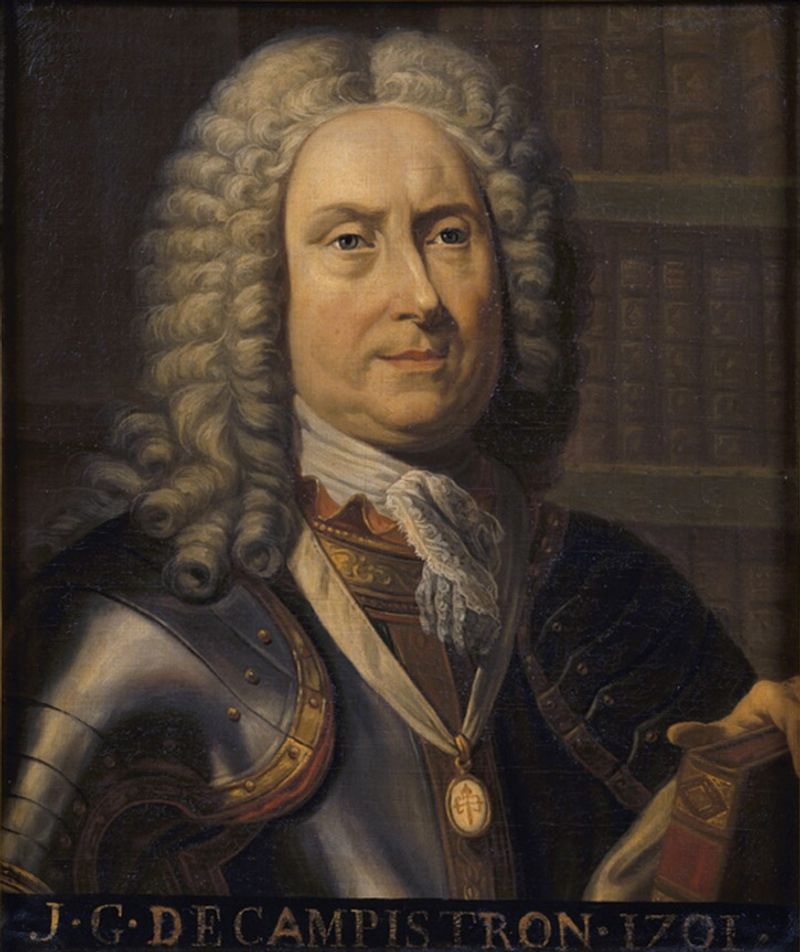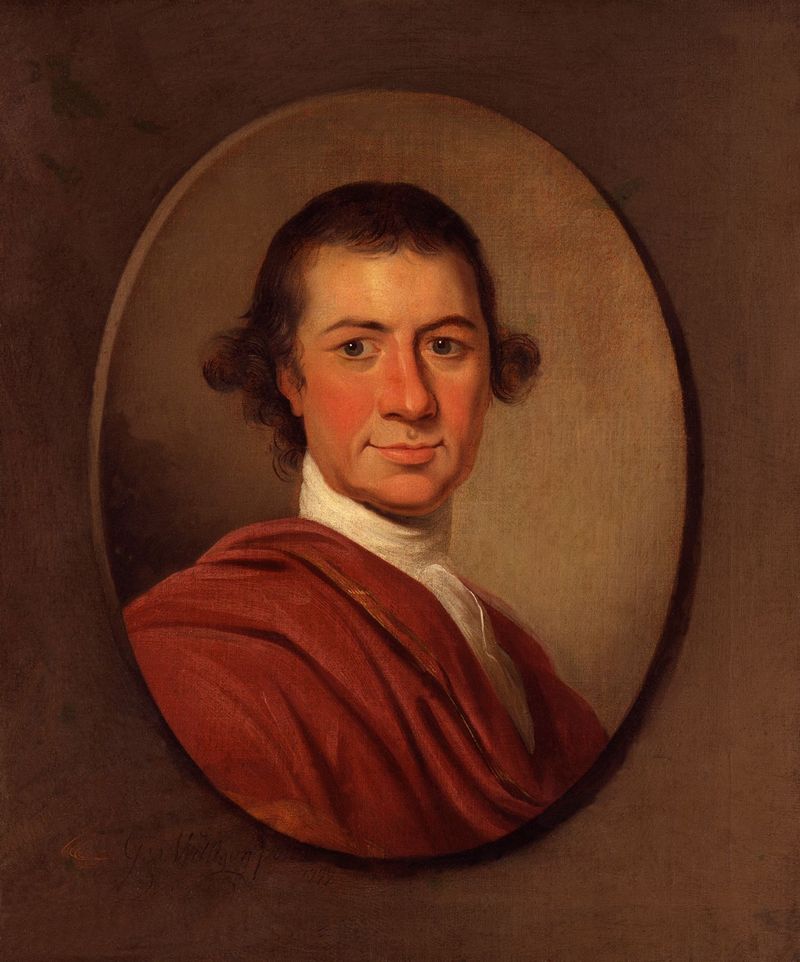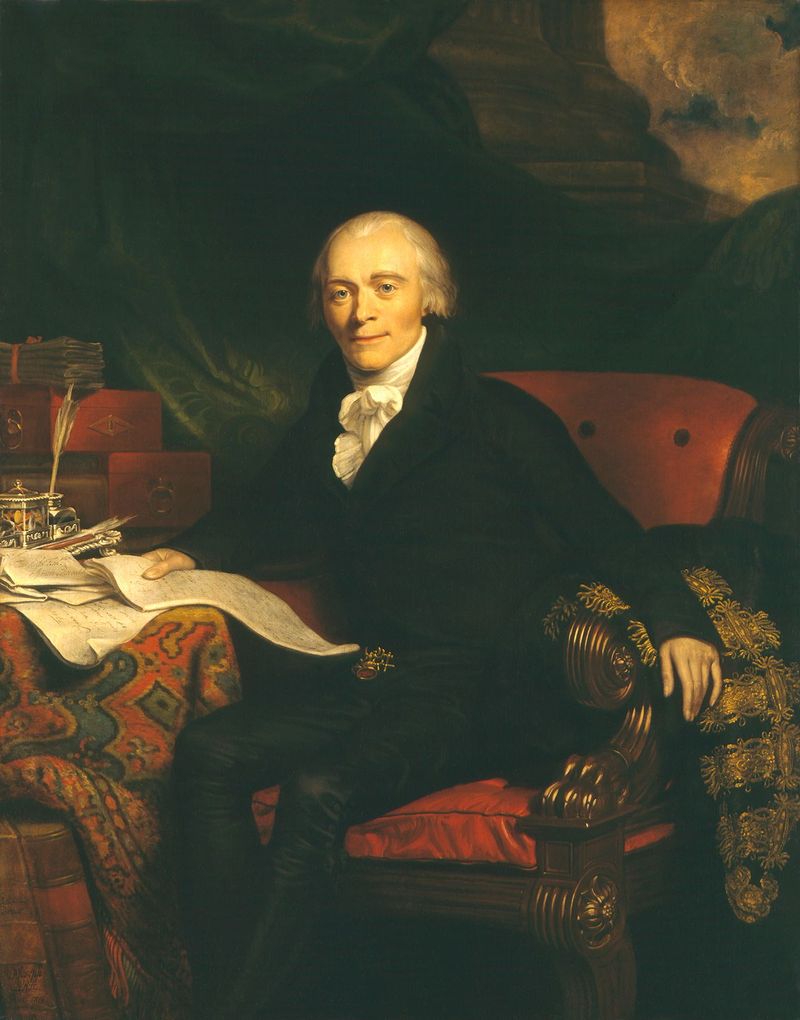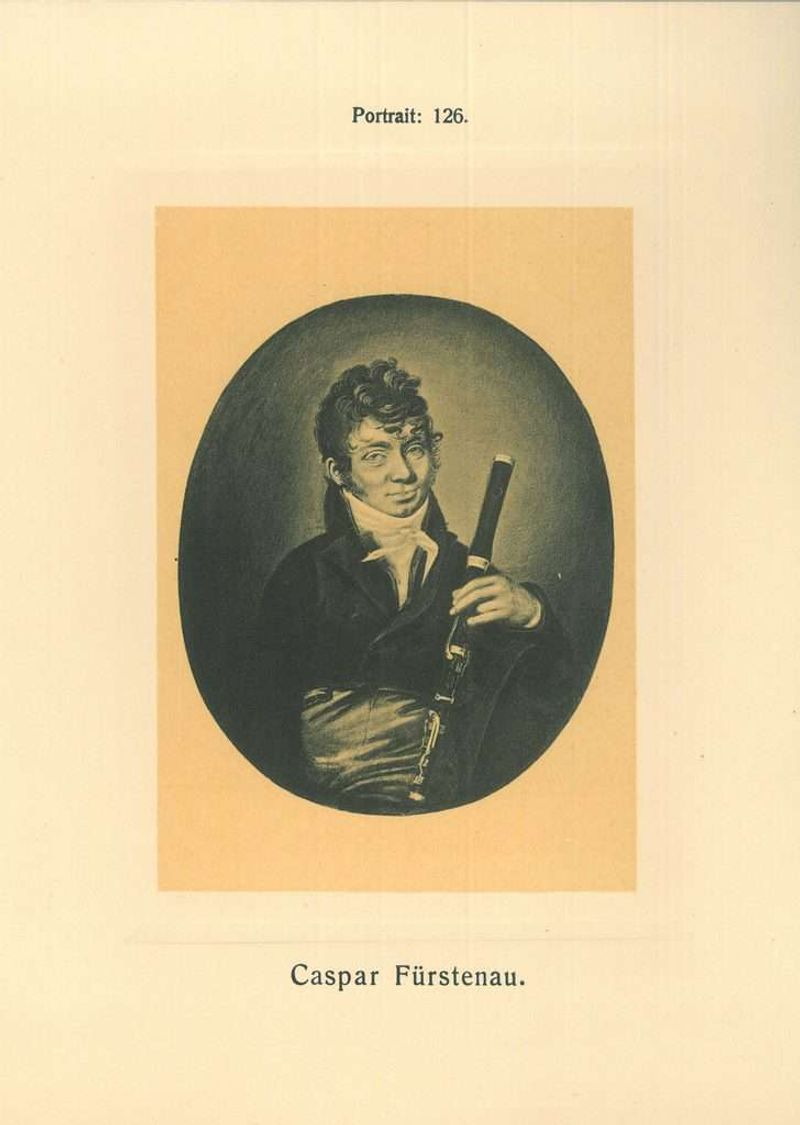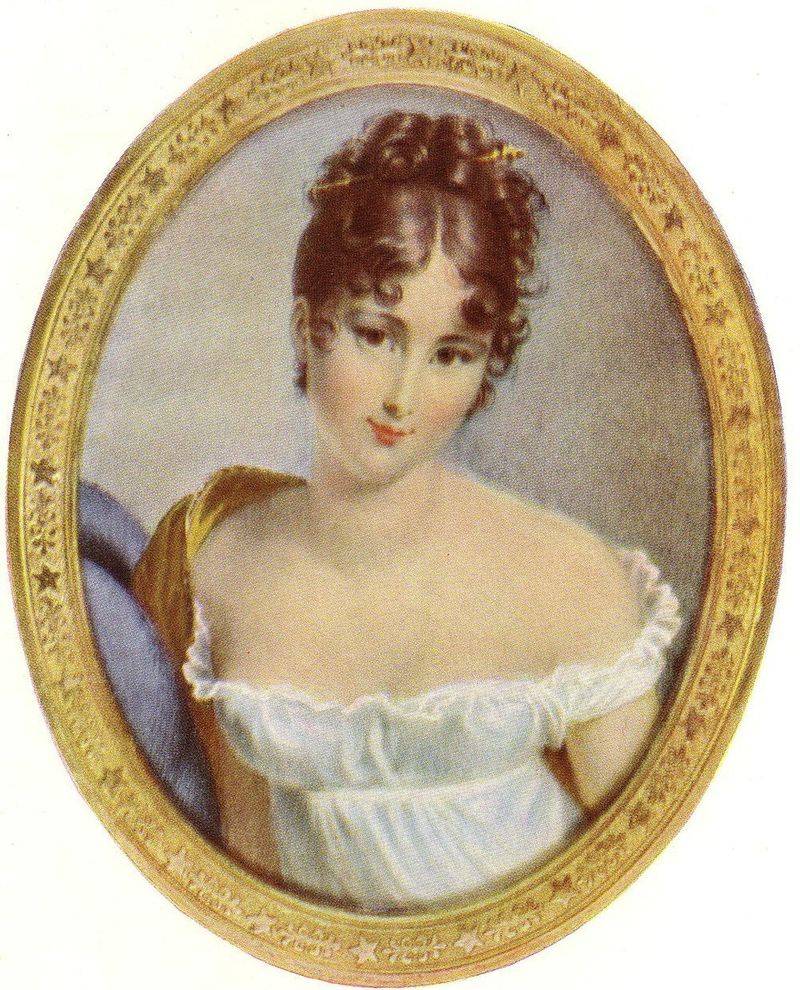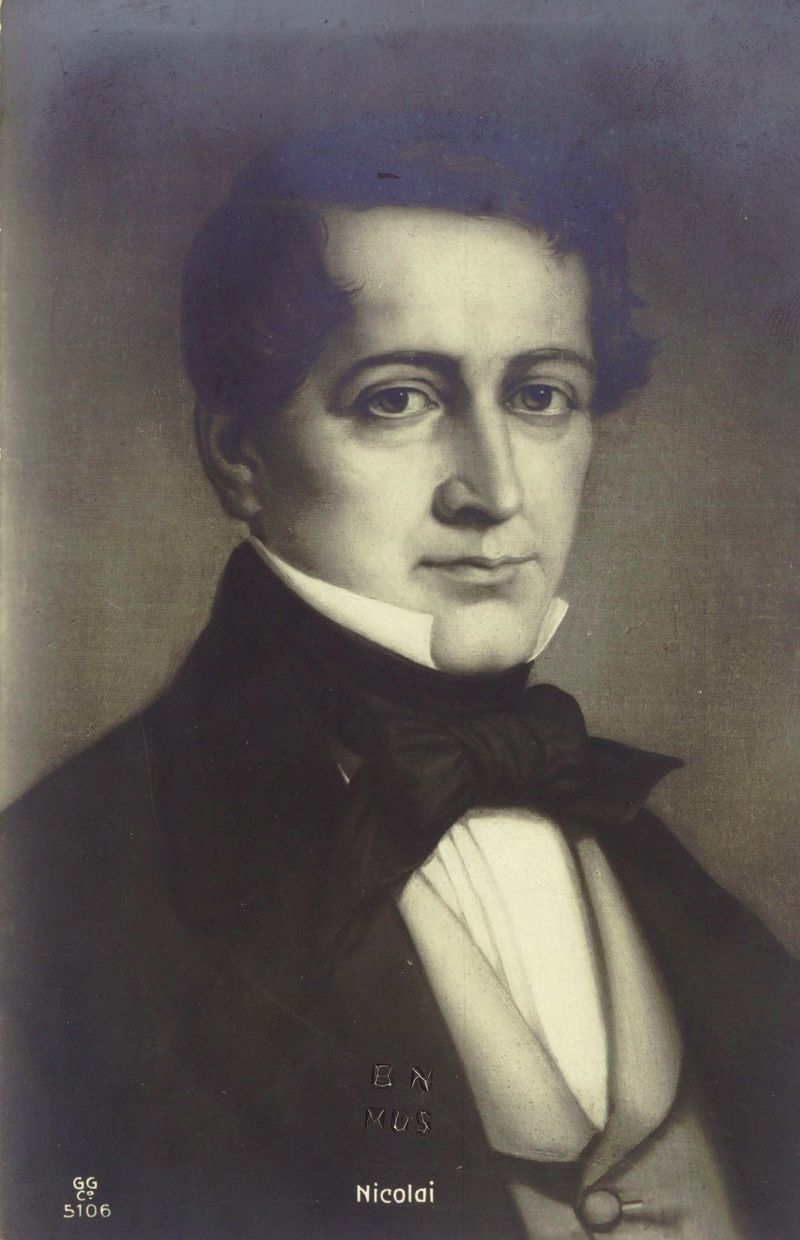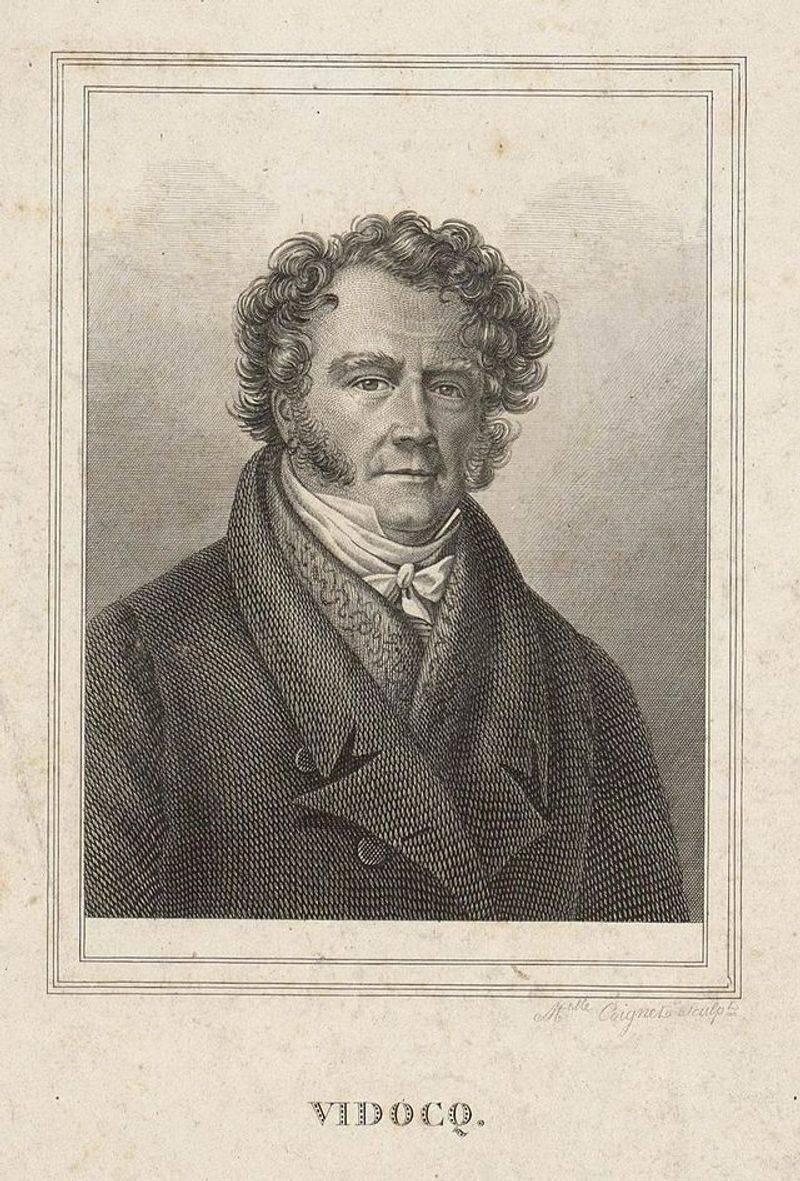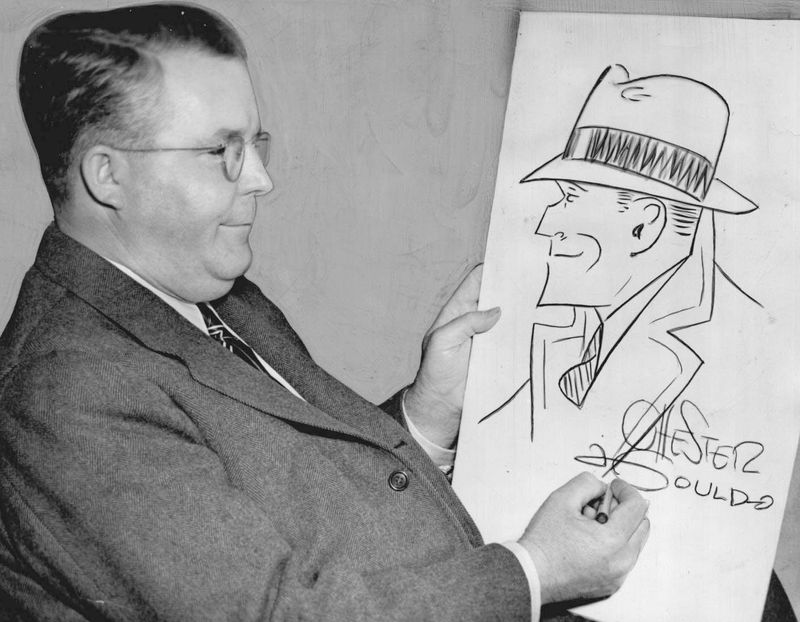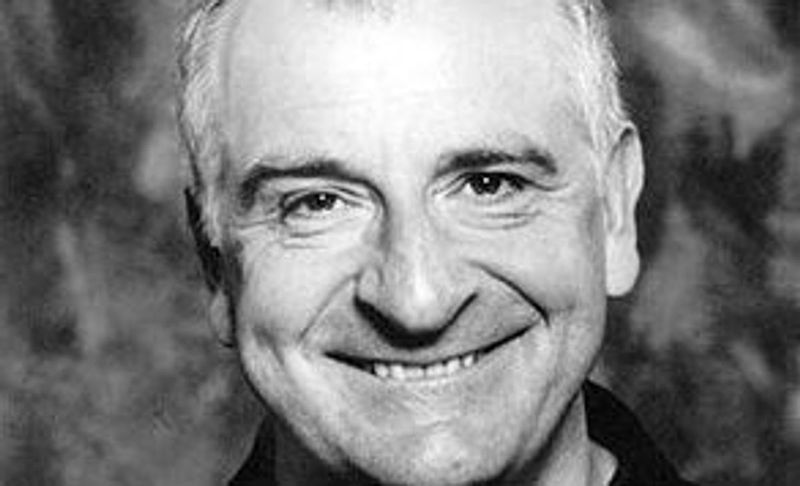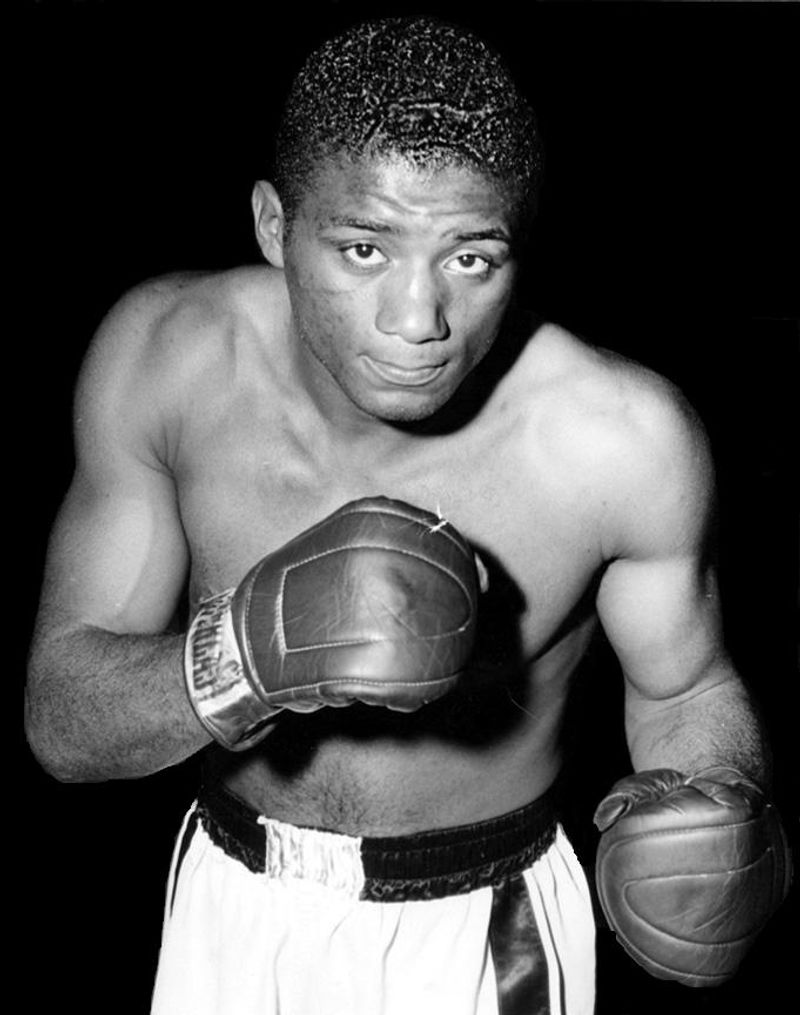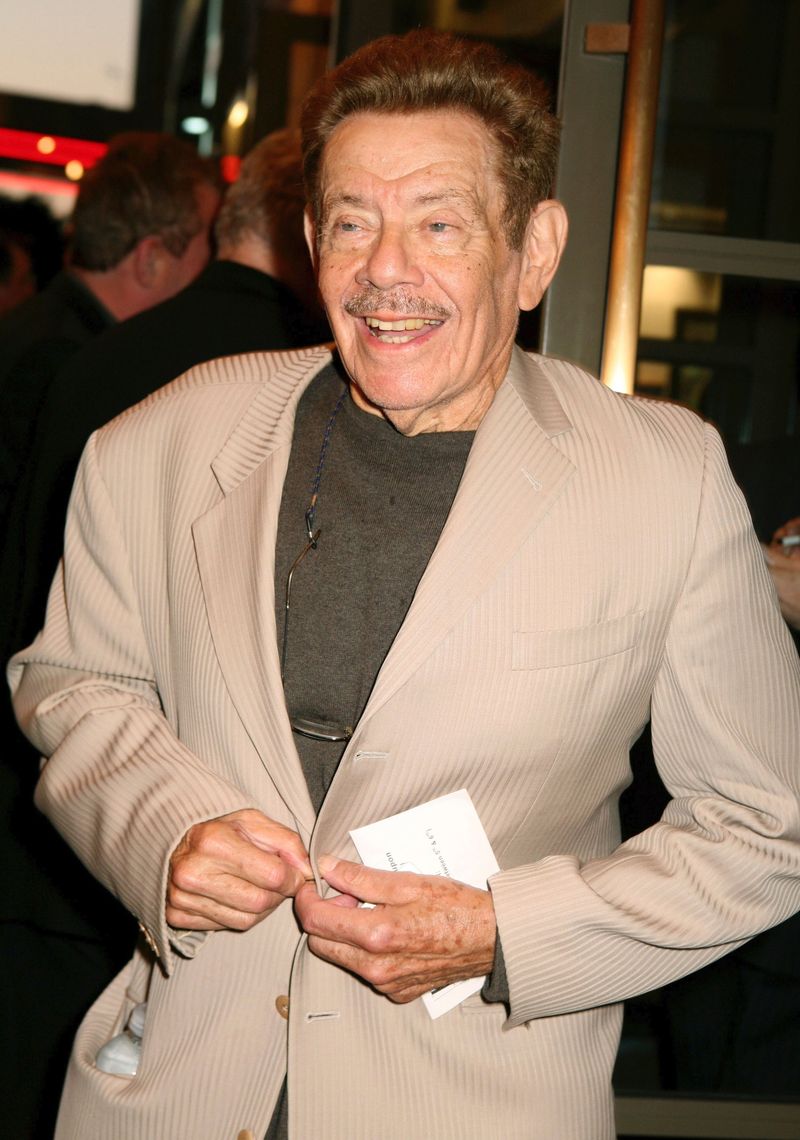May 11 marks the passing of numerous influential figures throughout history. These individuals, spanning various fields and eras, have left indelible marks on culture, politics, science, and the arts. This blog post commemorates 31 notable figures who passed away on this date, offering a glimpse into their lives and contributions.
1. Leo VI the Wise, Byzantine Emperor, 912
Leo VI, known as the Wise, ascended to the Byzantine throne in an era fraught with challenges. His reign, marked by legal reforms, earned him his nickname. Intrigue and turmoil defined his rule, yet his dedication to improving Byzantine law and governance was unwavering.
Leo’s intellectual pursuits included theological writings. He expanded the Basilica, a monumental compilation of Roman and canon law.
Despite personal controversies, including disputes with the clergy regarding his marriages, Leo VI’s impact on Byzantine jurisprudence remains significant.
2. Maḥmūd Ghāzān, Mongol ruler of Iran, 1304
Maḥmūd Ghāzān, a transformative figure, led the Mongol Ilkhanate with vigor. A convert to Islam, his reign marked a significant cultural shift in the region.
Ghāzān’s policies promoted agriculture and rebuilt cities devastated by war. His reforms in taxation and administration mirrored his commitment to stability.
Ghāzān’s passion for arts and sciences fostered an era of intellectual growth, making his rule a pivotal period in Iranian history.
3. Matteo Ricci, Italian Jesuit missionary, 1610
Matteo Ricci’s legacy as a Jesuit missionary in China is profound. Known for his cultural diplomacy, Ricci bridged East and West through dialogue and shared knowledge.
His mastery of the Chinese language and customs allowed him unprecedented access to the Ming court. Ricci’s maps and writings introduced European scientific concepts to China.
A pioneer in intercultural exchange, his efforts laid the groundwork for future missionaries, blending scientific curiosity with religious zeal.
4. Johann Arndt, German Lutheran theologian, 1621
Johann Arndt, a pivotal theologian, is renowned for his devotional writings. His work, “True Christianity,” influenced countless believers, emphasizing personal faith and piety.
Arndt’s teachings resonated across Europe, challenging the rigid dogma of his time. His approach encouraged a more personal connection with spirituality.
Despite facing opposition from orthodox circles, Arndt’s impact endured, inspiring movements like Pietism, which valued personal devotion over institutional rituals.
5. Charles Seton, 2nd Earl of Dunfermline, Scottish peer, 1672
Charles Seton, the 2nd Earl of Dunfermline, was a notable figure in Scottish history. A peer with a dedication to public service, his influence was felt both in politics and society.
Seton’s tenure included efforts to mediate conflicts within Scotland, promoting unity and stability. His leadership qualities were recognized by contemporaries.
Though his life was marked by political challenges, Seton’s commitment to his nation left a lasting impact on Scottish governance.
6. Jules Hardouin Mansart, French architect, 1708
Jules Hardouin Mansart, a master architect, shaped the French Baroque landscape. His designs, notably the Palace of Versailles, epitomized grandeur and elegance.
Mansart’s vision transformed French architecture, marrying aesthetics with functionality. His work on the Hall of Mirrors remains a symbol of opulence.
Regarded as a forefather of French classicism, Mansart’s legacy in architecture is celebrated to this day.
7. Jean Galbert de Campistron, French dramatist, 1723
Jean Galbert de Campistron, a dramatist of the French classic era, enthralled audiences with his plays. His works reflected the elegance and wit of 17th-century France.
Campistron’s collaborations with prominent playwrights like Racine enriched French theatre. His dramas, often imbued with moral lessons, were both entertaining and thought-provoking.
His contribution to French literature remains significant, influencing generations of playwrights.
8. George Pigot, British governor of Madras, 1777
George Pigot, a British statesman, served as the governor of Madras during a turbulent era. His administration focused on stabilizing the region and managing colonial interests.
Pigot’s tenure saw efforts to improve infrastructure and governance. His leadership was marked by both successes and challenges, reflecting the complexities of colonial rule.
Though his career ended abruptly, Pigot’s influence on British colonial policy in India was notable.
9. William Pitt the Elder, British Prime Minister, 1778
William Pitt the Elder, a towering figure in British politics, served as Prime Minister with distinction. His leadership during the Seven Years’ War cemented Britain’s global influence.
Pitt’s oratory skills and strategic vision were unparalleled, guiding Britain through pivotal moments. His policies and reforms left a lasting impact on the nation’s governance.
Admired for his integrity, Pitt’s legacy as a statesman endures in British history.
10. John Hart, American politician, signer of the Declaration of Independence, 1779
John Hart, a signer of the Declaration of Independence, played a vital role in America’s quest for freedom. A committed patriot, Hart’s dedication to the cause of independence was unwavering.
Despite personal sacrifices, including the loss of his home, Hart’s resolve never faltered. His efforts in the Continental Congress helped shape a new nation.
Hart’s legacy as a founding father remains an integral part of American history, celebrated for his courage and conviction.
11. Spencer Perceval, British Prime Minister, 1812
Spencer Perceval, the only British Prime Minister to be assassinated, served during a period of upheaval. His tenure was marked by the Napoleonic Wars and domestic challenges.
Perceval’s policies aimed to stabilize Britain’s economy and maintain social order. His leadership, though brief, was characterized by dedication and principle.
His tragic death shocked the nation, and Perceval’s contributions to British politics continue to be remembered.
12. Kaspar Fürstenau, German composer, 1819
Kaspar Fürstenau, a German composer and flutist, enriched the Romantic music landscape with his compositions. His work, known for its melodic elegance, captivated audiences of the time.
Fürstenau’s compositions, both for solo flute and ensemble, showcased his mastery of the instrument. His influence extended to teaching, nurturing the next generation of musicians.
Though not as widely recognized today, Fürstenau’s contributions to classical music remain valued by enthusiasts and scholars.
13. Carl Filtsch, Transylvanian pianist and composer, 1845
Carl Filtsch, a prodigious talent, was celebrated as a pianist and composer despite his short life. A student of Chopin, Filtsch’s performances drew acclaim across Europe.
His compositions, marked by their emotional depth and technical prowess, hinted at a promising future. Filtsch’s untimely death at 15 left the music world mourning a great loss.
Remembered for his extraordinary gifts, Filtsch’s legacy endures as a testament to youthful genius.
14. Tom Cribb, English bare-knuckle boxer, 1848
Tom Cribb, a legendary bare-knuckle boxer, became an icon of his sport in early 19th-century England. Known for his formidable strength and skill, Cribb’s matches drew large crowds.
His championships and victories earned him fame and respect, solidifying his status as a sports pioneer. Cribb’s influence extended beyond the ring, contributing to the boxing’s popularity.
A symbol of British resilience, Cribb’s legacy in the world of boxing remains celebrated.
15. Juliette Récamier, French socialite, 1849
Juliette Récamier, a renowned French socialite, graced the elite circles of Paris with her charm and intellect. Her salon became a hub for influential thinkers and artists of her time.
Récamier’s beauty and wit captivated many, including notable figures like Chateaubriand and Madame de Staël. Her influence on French society extended beyond her social gatherings.
A muse and patron of the arts, Récamier’s legacy in French culture is fondly remembered.
16. Otto Nicolai, German composer and conductor, 1849
Otto Nicolai, a German composer and conductor, is celebrated for founding the Vienna Philharmonic. His operas, particularly “The Merry Wives of Windsor,” showcased his musical talent.
Nicolai’s compositions blended German and Italian styles, delighting audiences with their rich harmonies. His leadership in music brought new vitality to orchestral performance.
Remembered as a key figure in classical music, Nicolai’s contributions continue to influence the genre.
17. Eugène François Vidocq, French criminal and detective, 1857
Eugène François Vidocq, a former criminal turned detective, revolutionized law enforcement in France. His innovative methods laid the foundation for modern detective work.
Vidocq’s unique approach, blending street smarts with formal investigation, led to the capture of numerous criminals. His life story inspired literary characters like Sherlock Holmes.
A pioneer in criminology, Vidocq’s legacy continues to influence police work internationally.
18. John D. Rockefeller Jr., American philanthropist, 1960
John D. Rockefeller Jr., a prominent philanthropist, carried forward the legacy of his illustrious family. His contributions to education, public health, and the arts were substantial.
Rockefeller’s vision extended beyond philanthropy, influencing urban development projects like Rockefeller Center. His commitment to societal betterment was unwavering.
Remembered as a champion of charitable causes, Rockefeller’s impact on American society continues to be celebrated.
19. Odd Hassel, Norwegian chemist and Nobel laureate, 1981
Odd Hassel, awarded the Nobel Prize for his groundbreaking work in chemistry, was a pioneer in the field of molecular structure. His research advanced the understanding of molecular geometry.
Hassel’s discoveries had profound implications for chemical theory, influencing subsequent scientific developments. His dedication to research and teaching inspired many.
A respected figure in chemistry, Hassel’s legacy endures in academia and beyond.
20. Bob Marley, Jamaican reggae musician, 1981
Bob Marley, the legendary musician, brought reggae to the global stage with his soulful melodies and powerful lyrics. His music, imbued with messages of peace and love, resonated worldwide.
Marley’s influence extended beyond music, promoting cultural awareness and social change. His charisma and passion became symbols of hope and unity.
A cultural icon, Marley’s legacy in music and activism remains timeless, inspiring generations.
21. Chester Gould, American cartoonist, creator of Dick Tracy, 1985
Chester Gould, the creative mind behind the iconic comic strip Dick Tracy, captivated audiences with his gripping crime stories. His innovative storytelling and memorable characters redefined the comic genre.
Gould’s work, characterized by its distinct art style and engaging plots, earned him a devoted following. His influence on pop culture is significant.
A pioneer in comics, Gould’s legacy continues to inspire artists and readers alike.
22. Fritz Pollard, American football player and coach, 1986
Fritz Pollard, a trailblazer in American football, broke racial barriers as a player and coach. His achievements on the field paved the way for future athletes.
Pollard’s speed and skill earned him accolades, while his coaching strategies influenced the game’s evolution. His legacy in sports is celebrated for its pioneering spirit.
An advocate for diversity, Pollard’s contributions to football and society remain impactful.
23. Kim Philby, British-Soviet double agent, 1988
Kim Philby, one of history’s most infamous double agents, operated during the Cold War with cunning and deceit. His espionage activities for the Soviet Union shocked the Western world.
Philby’s charm and intelligence allowed him to infiltrate high-ranking positions, passing crucial information to his handlers. His betrayal had lasting geopolitical effects.
A complex figure, Philby’s legacy in espionage is both fascinating and controversial.
24. Douglas Adams, British author of “The Hitchhiker’s Guide to the Galaxy”, 2001
Douglas Adams, celebrated for his wit and imagination, authored the beloved “The Hitchhiker’s Guide to the Galaxy” series. His work, characterized by humor and satire, captured the hearts of readers worldwide.
Adams’ unique voice and storytelling prowess created a cult following, influencing science fiction literature and media. His creativity knew no bounds.
A visionary in his field, Adams’ legacy in science fiction continues to inspire new generations of writers.
25. Bill Peet, American animator and children’s book author, 2002
Bill Peet, a talented animator and author, captivated young audiences with his imaginative stories and illustrations. His work at Disney, including contributions to classics like “Cinderella,” showcased his artistic talent.
Peet’s children’s books, filled with whimsical characters and adventures, became beloved classics. His storytelling resonated with readers of all ages.
A master of his craft, Peet’s legacy in animation and literature continues to enchant and inspire.
26. Noel Redding, English bass guitarist, 2003
Noel Redding, known for his role as the bassist in the Jimi Hendrix Experience, left an indelible mark on rock music. His dynamic playing style and stage presence captivated audiences.
Redding’s contributions to the band’s sound were integral, helping to shape iconic tracks that defined an era. His influence extended beyond performance to songwriting and composition.
A legend in the music world, Redding’s impact continues to resonate with fans and musicians alike.
27. Floyd Patterson, American heavyweight boxing champion, 2006
Floyd Patterson, a two-time world heavyweight boxing champion, was celebrated for his speed and agility in the ring. His victories and sportsmanship endeared him to fans.
Patterson’s perseverance and dedication to boxing inspired many, making him a role model for aspiring athletes. His legacy in sports is both impactful and enduring.
A true champion, Patterson’s contributions to boxing and his community are fondly remembered.
28. John Rutsey, Canadian drummer, founding member of Rush, 2008
John Rutsey, a founding member and drummer of the iconic rock band Rush, played a key role in shaping the group’s early sound. His energetic drumming style set the stage for the band’s future success.
Rutsey’s contributions to Rush’s debut album made a lasting impact, earning him a place in rock history. Though he left the band early on, his influence was undeniable.
A musician of great talent, Rutsey’s legacy in the world of rock music remains celebrated.
29. Robert Traylor, American basketball player, 2011
Robert Traylor, affectionately known as “Tractor,” was a formidable presence on the basketball court. His strength and skill made him a standout player in college and the NBA.
Traylor’s career, though marred by challenges, showcased moments of brilliance that captured fans’ hearts. His determination and resilience defined his playing style.
A beloved figure in sports, Traylor’s legacy as a passionate athlete endures.
30. Jerry Stiller, American comedian and actor, 2020
Jerry Stiller, a comedic genius, delighted audiences with his wit and humor across decades. Known for roles in “Seinfeld” and “The King of Queens,” Stiller’s performances were iconic.
His comedic timing and charismatic personality made him a beloved figure in entertainment. Stiller’s partnership with his wife, Anne Meara, was equally celebrated.
A legend in comedy, Stiller’s legacy continues to bring joy and laughter to fans worldwide.
31. Norman Lloyd, American actor, producer, and director, 2021
Norman Lloyd, an enduring figure in Hollywood, was celebrated for his work as an actor, producer, and director. His career, spanning decades, was marked by versatility and talent.
Lloyd’s collaborations with iconic filmmakers like Hitchcock showcased his skill and dedication to the craft. His influence on film and television is profound.
A stalwart of the industry, Lloyd’s legacy in entertainment continues to inspire and captivate.



